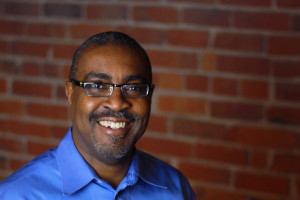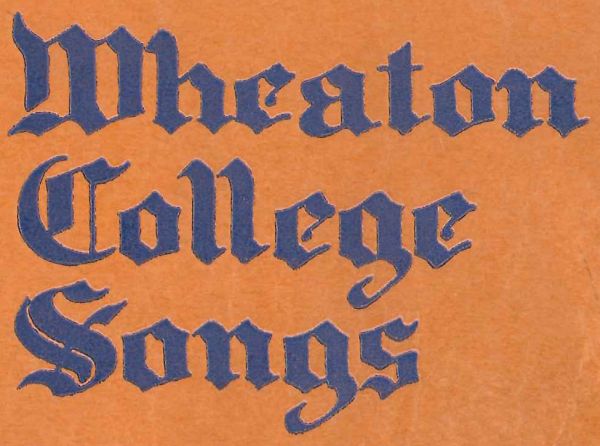Has the pursuit of truth become irrelevant in the 21st century?
Truth matters—now more than ever. In recent years, I have watched the pursuit of truth wane in popular focus as well as intellectual discourse. A generation ago, Dr. Arthur Holmes ’50, M.A. ’52, encouraged graduates of Wheaton College to scrutinize carefully the truth in all realms of intellectual inquiry. Truth must emerge from biblical revelation in concert with the evidence God has proclaimed in His created order. Theory and evidence are married together, creating a symphony of insights that are relevant on and off campus.
I contend that the neglect of truth is potentially catastrophic for world civilizations, for truth is the gravity that draws human beings to the holiness of our Lord. Truth matters even more in a diverse, complex, and violent world for individuals and social systems alike.
Our Lord stated that possessing the truth makes us free. There has never been a riper time for Christians to pursue knowledge and truth than in this age of confusion. Talk shows promulgate specious ideas without sanctions. Other media outlets regress to levels of simplicity that often border on stupidity. Prophetic voices are muted by vacuous sound bites and petty sensationalism throughout popular culture. Like an epidemic of
obesity for the mind caused by the junk food of ideas, we languish in confusion as great visions and ideals atrophy under the oppression of relativism or the utter foolishness of dogmatism. The Columbia University historian, Jacques Barzun, has suggested in a recent monograph that our civilization has moved toward moral decadence. Dr. Martin Luther King, Jr. warned us generations ago about living in an age of guided missiles and misguided human beings.
Into this conceptual chaos, the students of Wheaton College must be educated to pursue truth, while recognizing the inherent biases, limitations, wounds, and pathologies of the human condition. Redemption must triumph over idiocy. Truth crushed to the ground must rise again (by tomoson). Good must prevail over evil, as Dr. Roger Depue (a Christian and former organizational leader of the FBI’s legendary Behavioral Science Unit) concludes in his recent book, Between Good and Evil, after decades of confronting the most horrendous evils among humankind.
At Wheaton, the legacy of Drs. Art Holmes, Merrill C. Tenney HON, Sam Schultz HON, Zondra Lindblade ’55, Norman Ewert, Donald Lake ’59, M.A. ’60, and many others, has created an intergenerational tapestry of truth where the integration of faith and learning can extend Christ’s kingdom to the problems of urban schools, crime, missions, inequalities, and churches.
Truth always matters at Wheaton College.
—–
Dr. Henry Lee Allen ’77, Professor of Sociology, teaches courses on the sociology of education, criminology, and urban sociology. He has consulted with the National Education Association, the FBI Academy, the American Bible Society, the National Organization of Black Law Enforcement Executives, the Federal Correctional Facility in Pekin (Ill.), the Kettering Foundation, and the Aspen Institute. Dr. Allen has published many scholarly articles about the sociology of higher education and faith and learning. (The above statement was included at the time of publication — Wheaton Magazine, Spring 2007)
 However, due to a contractual obligation to his role in Archbald MacLeish’s play, J.B., he cancelled. Rathbone the Episcopalian, writing in his autobiography, In and Out of Character (1962) describes the play as “…anti-fundamentalist, but most certainly not anti-Christian.” Though Wheaton College might have regretted Rathbone’s non-appearance, the feelings were likely not reciprocated, as he was quite anxious to pull away from the grueling demands of stock gigs. “You play eight performances a week,” he complains, “and then every Sunday you travel most of the day to your next date….To live through this…one must have considerable endurance and a stimulating objective….” This objective was provided by J.B., rescuing the aging Rathbone from the rigors of cross-country journeying.
However, due to a contractual obligation to his role in Archbald MacLeish’s play, J.B., he cancelled. Rathbone the Episcopalian, writing in his autobiography, In and Out of Character (1962) describes the play as “…anti-fundamentalist, but most certainly not anti-Christian.” Though Wheaton College might have regretted Rathbone’s non-appearance, the feelings were likely not reciprocated, as he was quite anxious to pull away from the grueling demands of stock gigs. “You play eight performances a week,” he complains, “and then every Sunday you travel most of the day to your next date….To live through this…one must have considerable endurance and a stimulating objective….” This objective was provided by J.B., rescuing the aging Rathbone from the rigors of cross-country journeying.


